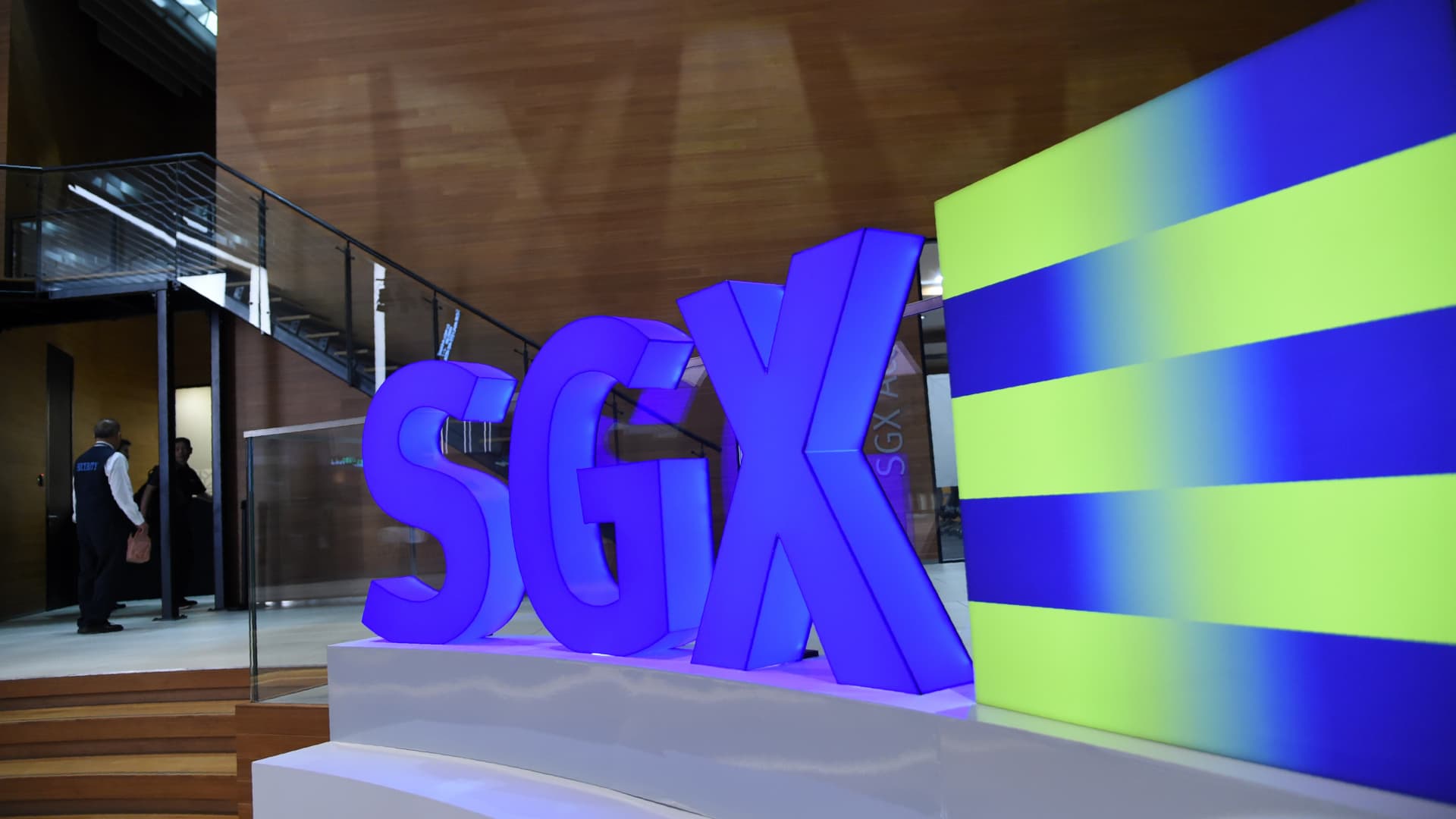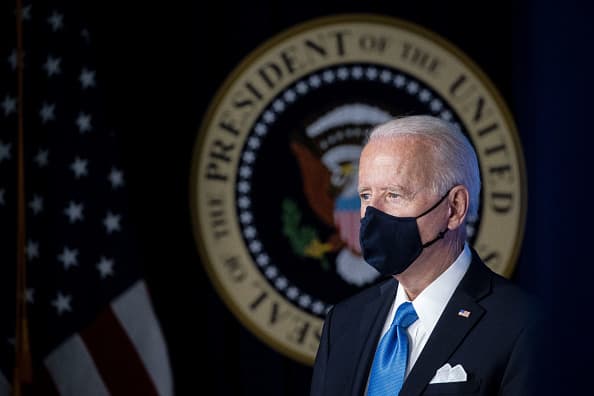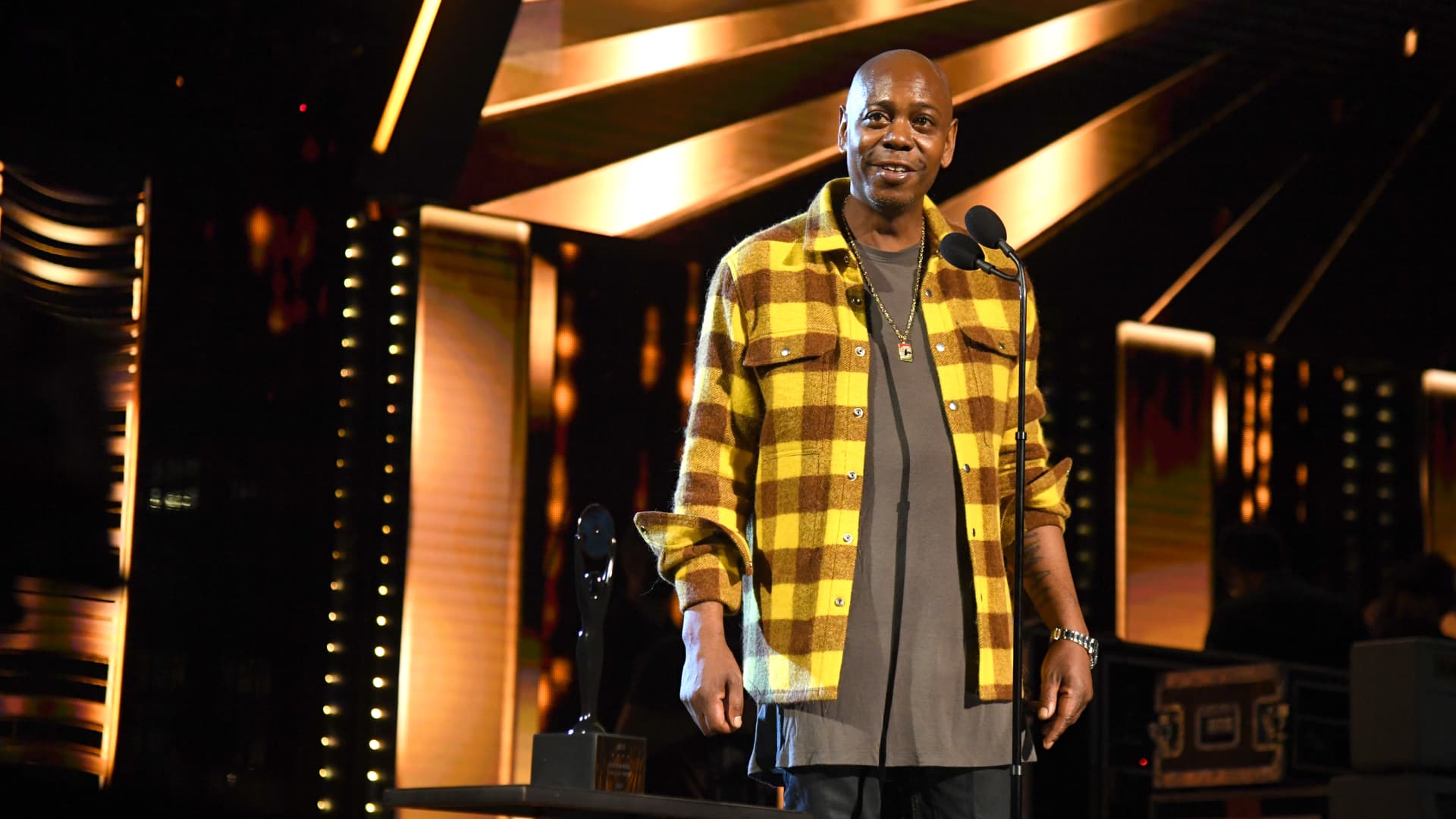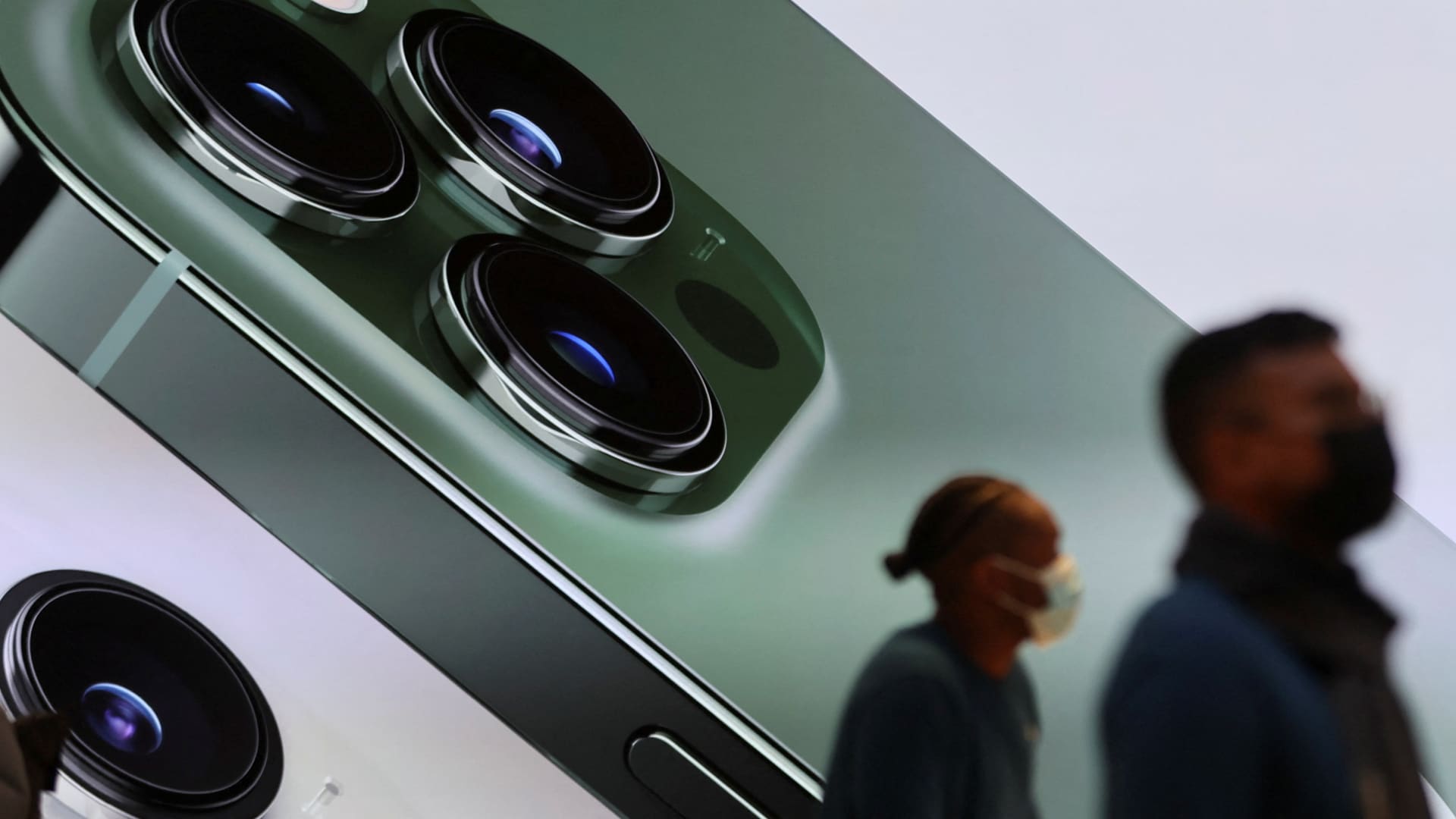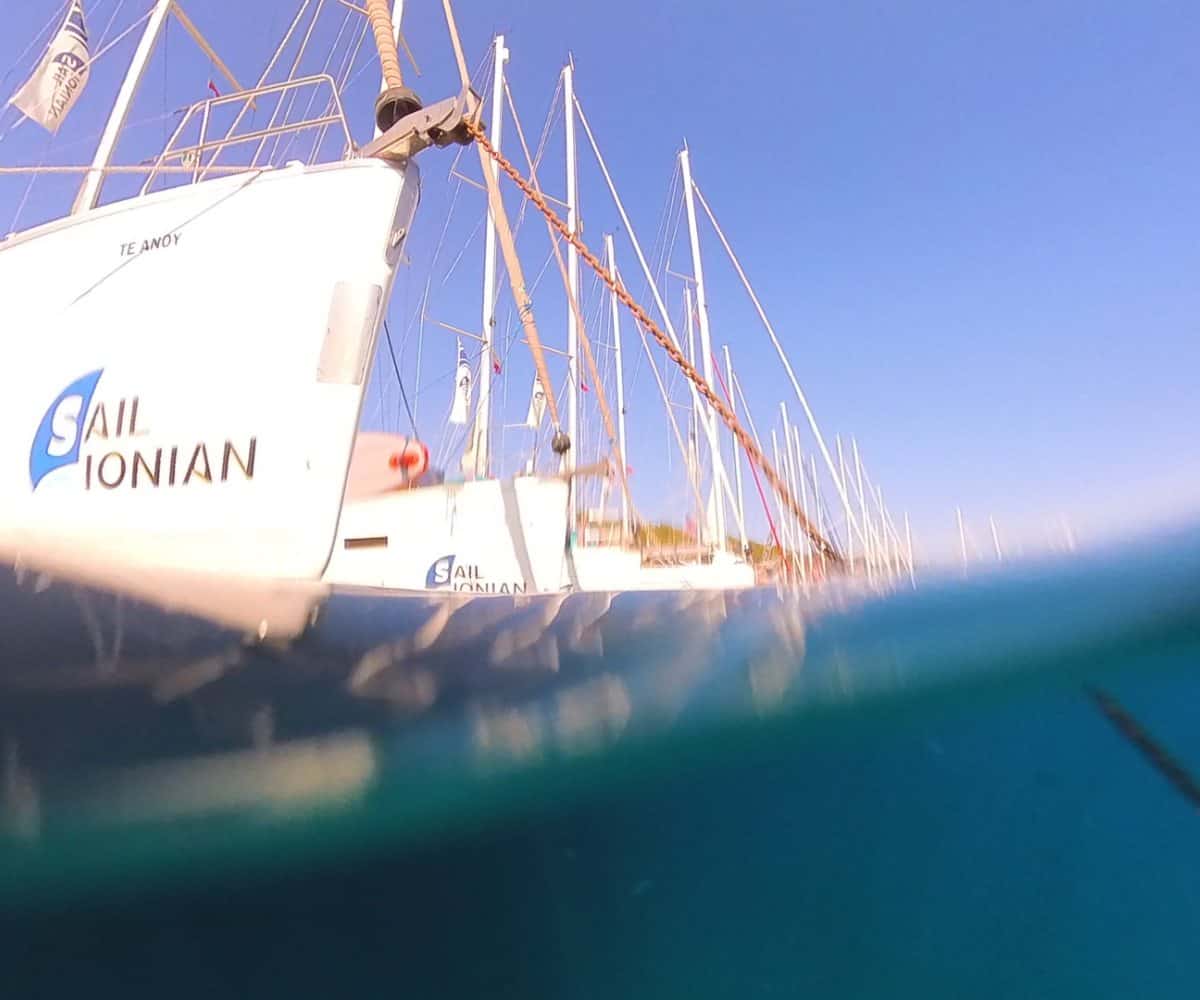Disney could soon sell its TV assets as Iger says business 'may not be core' to the company
Disney CEO Bob Iger appeared for an interview with CNBC's David Faber the morning after announcing a contract extension through 2026.
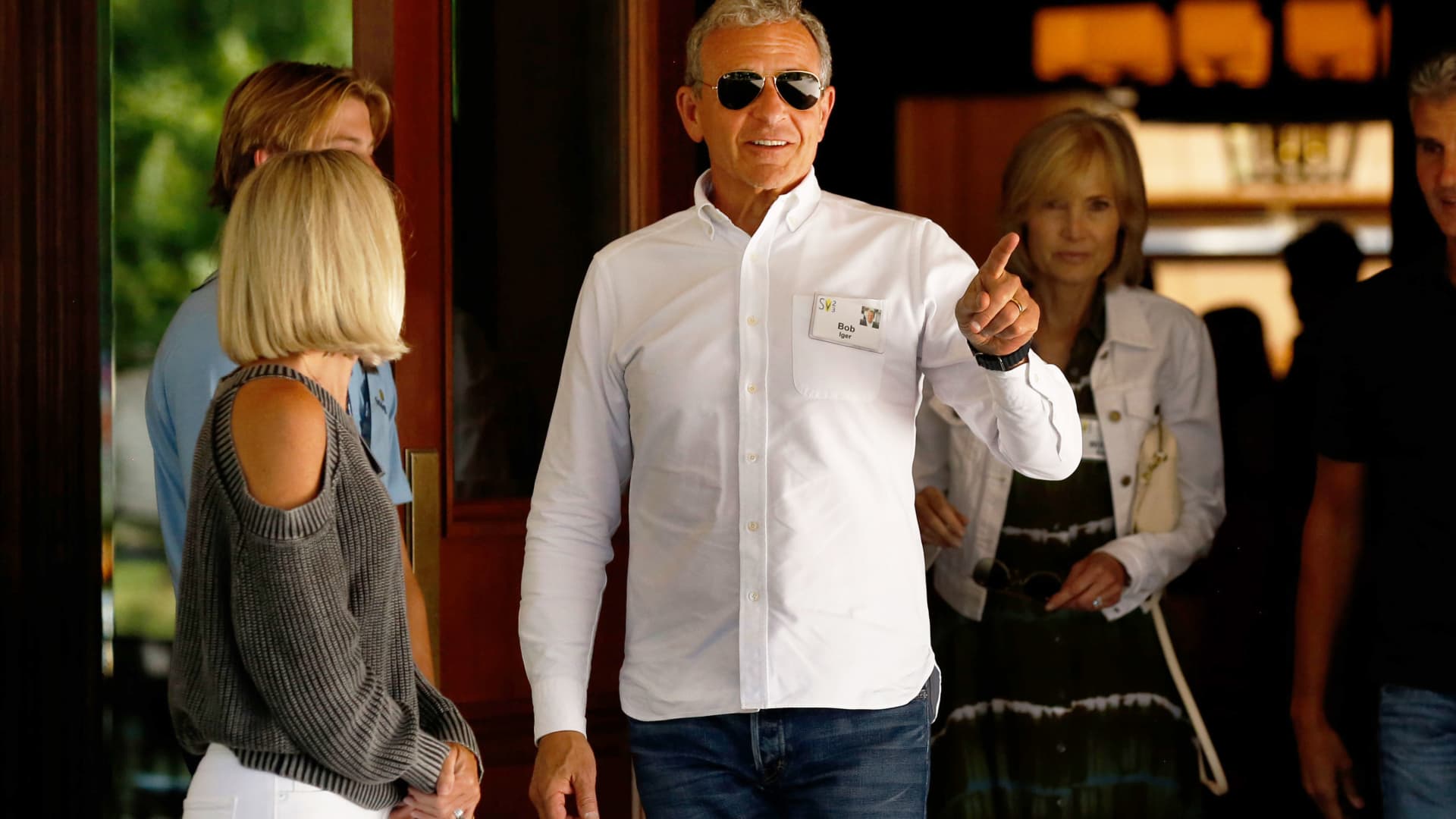
Disney CEO Bob Iger opened the door to selling the company's linear TV assets as the business struggles during the media industry's transition to streaming and digital offerings.
Iger appeared Thursday on CNBC, the morning after the company announced it would extend his contract by two years through 2026. He returned to the helm of the company in November after Disney's board ousted Bob Chapek with a two-year contract through 2024 and plans to find a next successor.
"After coming back, I realized the company is facing a lot of challenges, some of them self-inflicted," Iger told David Faber at Allen & Co.'s annual conference in Sun Valley, Idaho, noting he's accomplished a lot of work in seven months but there's more to be done.
At the top of the list is assessing the traditional TV business, Iger said Thursday. Disney owns a portfolio of TV networks, from broadcast station ABC to cable TV channels like ESPN.
Disney is going to be "expansive" in its thinking about the traditional TV business, leaving the door open to a possible sale of the networks. "They may not be core to Disney," Iger said, adding the creativity that has come from those networks has been key for Disney.
Cable TV channel ESPN is in a different bucket, however. On that front, Iger said Disney is open to finding a strategic partner, which could take the form of a joint venture or offloading an ownership stake.
Iger said when he had left the company he had predicted the future of traditional TV and had been "very pessimistic," and has found since his return that he was right in his thinking, adding it's worse than he expected.
When Iger last spoke with Faber in February, soon after announcing a major restructuring at the company, he said that he felt "a sense of obligation" to return to Disney and that his preference was to stay for his two-year contract.
"We've gotten a lot done very quickly, significant cost reductions and significant realignment of the company," Iger said. "But dealing head on with some of our biggest challenges."
The appearance in February came shortly after Disney announced a sweeping restructuring that included thousands of layoffs and billions of dollars cut in spending.
The reorganization warded off a potential proxy fight with activist investor Nelson Peltz.
Disney reorganized into three segments: Disney Entertainment, which includes most of its streaming and media operations; an ESPN division; and a parks, experiences and product unit.
These were some of Iger's most significant actions in the months after his return. Disney revealed it would cut $5.5 billion in costs, consisting of $3 billion from content, excluding sports, and the remaining amount from noncontent costs. The company earmarked 7,000 layoffs.
In addition to looking for his next successor, Iger has been tasked with bringing Disney's streaming business to profitability. In the last year, media executives across all companies have focused on how to make streaming profitable, particularly after behemoth Netflix lost subscribers early last year and since instituted an ad-supported tier and a crackdown on password sharing to drive revenue.
While the company posted revenue and profit in line with Wall Street estimates last quarter, it saw a loss of 4 million subscribers at its flagship streamer Disney+.
Those subscriber losses were offset by price increases, which Iger said in May weren't to blame for the lower numbers. Instead, he said it showed room for further increases when it comes to streaming, and pushing customers toward the ad-supported tier, with the aim of reaching profitability.
In an effort to bulk up Disney+ and attract more subscribers to its cheaper, ad-supported tier – which it launched last year – the company announced last quarter it would add Hulu content to Disney+.
Disney has been weighing whether it should buy all of Hulu, as it owns 66% and Comcast owns the rest. It's likely Comcast will sell its Hulu stake to Disney at the beginning of 2024, CNBC previously reported.
Iger said Thursday that since he returned to Disney, he ultimately concluded the company is "better off having Hulu."
He added the combined Hulu and Disney+ offering would be available by the end of the calendar year, and the upcoming negotiations with Comcast over valuation wouldn't prevent that.
"The combination of those apps is designed to obviously help the [streaming] business become profitable," Iger said.
Disney is scheduled to report its fiscal third-quarter earnings after the market closes Aug. 9.
Disclosure: Comcast is the parent company of NBCUniversal, which includes CNBC.

 KickT
KickT 







